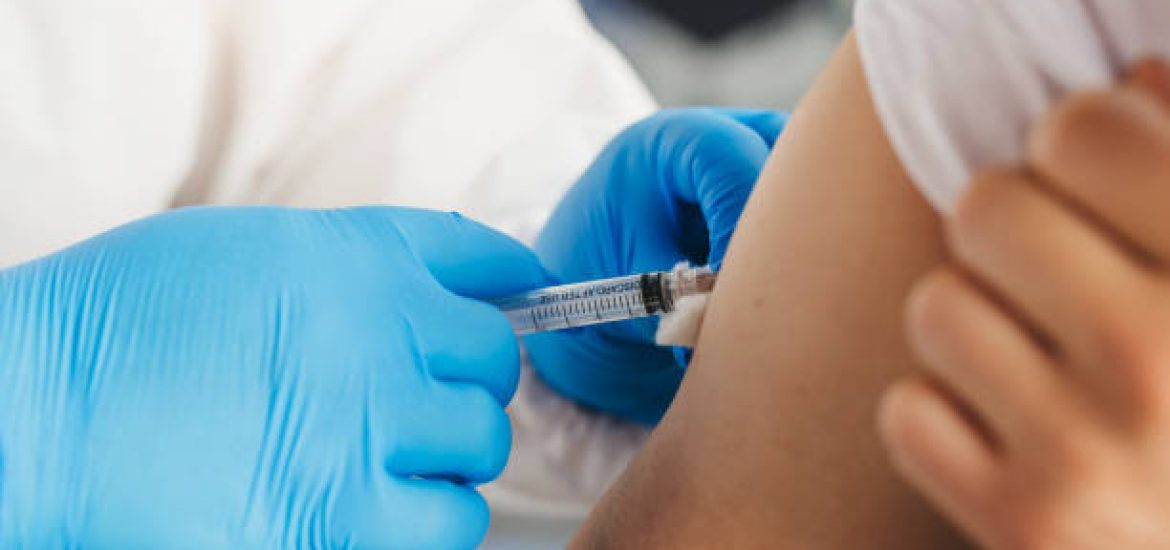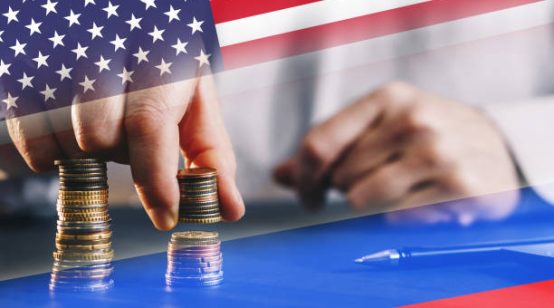
As measles continues to spread across 23 U.S. states, resulting in over 600 infections and three deaths, Health and Human Services Secretary Robert F. Kennedy Jr. has made headlines for endorsing the MMR (measles-mumps-rubella) vaccine—a surprising move given his long history of vaccine skepticism.
Last week, Kennedy called the MMR vaccine “the most effective way to prevent the spread of measles.” The endorsement stunned public health experts and disappointed many of his long-time supporters in the anti-vaccine movement, who viewed his remarks as a dramatic shift in stance.
Mary Holland, president of Children’s Health Defense (CHD)—the organization Kennedy formerly chaired—criticized his statement, insisting the MMR vaccine caused harm to many, including her own child. Despite decades of scientific research disproving a link between vaccines and autism, Holland repeated those outdated claims.
Kennedy’s remarks have not only stirred controversy but also revealed an ongoing tension in his evolving public role. Speaking to Fox News, he claimed it was “very hard to tell” whether the recent measles deaths could have been avoided through immunization. He also emphasized the need for better treatment methods for infected children, not solely relying on vaccination.
Kennedy added that his department is working on a broad research initiative to identify the root causes of autism by September. The project will reportedly investigate various factors—including vaccines, environmental exposures, diet, and social elements—fueling further debate over his real position on vaccine safety.
Although Kennedy has focused heavily on opposing Covid-19 vaccines in recent years, his skepticism toward MMR immunizations dates back much further. In his 2023 book Vax-Unvax, co-authored with Brian Hooker, Kennedy refers to the MMR vaccine as central to the broader debate around vaccine safety.
One of his major talking points has been the debunked theory that the MMR vaccine causes autism—a claim first pushed by Andrew Wakefield in a now-retracted 1998 study. Despite widespread scientific dismissal, Kennedy continued to defend Wakefield’s work, suggesting there were correlations between vaccination timing and autism symptoms. In 2019, Kennedy described the MMR vaccine as having an “unacceptably high injury rate” and even argued that contracting measles might be a better option than vaccination—a view widely rejected by infectious disease experts.
Kennedy also has a history of downplaying the severity of measles infections. He has claimed that deaths typically occur only in malnourished individuals and that healthy people are rarely at risk. However, this year’s fatalities in Texas and New Mexico involved unvaccinated individuals with no known underlying health conditions, undermining that argument.
The controversy extends beyond public remarks. In 2019, Kennedy filed a lawsuit challenging New York’s vaccine mandate for schoolchildren, arguing that eliminating religious exemptions infringed on personal freedoms. The case was dismissed, but Kennedy and CHD pledged to continue their legal fight. That same year, he joined anti-mandate protests in Washington State during a measles outbreak.
Now, as health secretary, Kennedy maintains that while he recommends the MMR vaccine, he still opposes government mandates. “People should get the measles vaccine,” he said, “but the government should not be forcing it.”
This conflicting position—publicly backing immunization while reinforcing individual choice—leaves health professionals concerned about mixed messages in the face of a growing measles outbreak. As public trust in vaccination wavers, Kennedy’s stance may prove to be both influential and controversial in shaping future public health policy.





